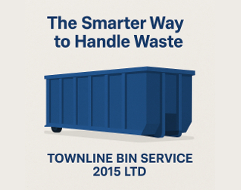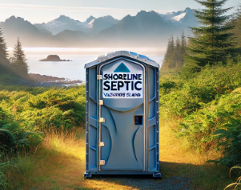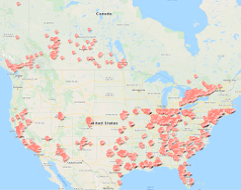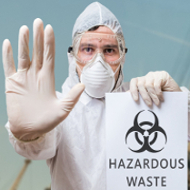Protect Earth's Oceans - Secure the Planet's Future!
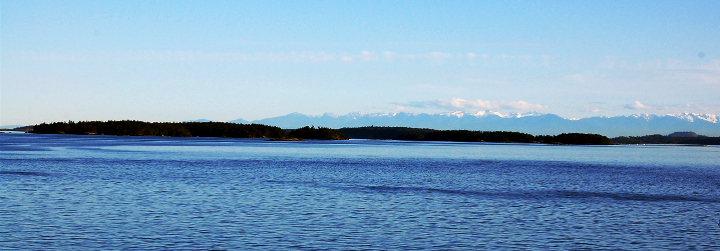
Were you aware that approximately 10% of the plastic we produce finds its way into our oceans? As plastic eventually disintegrates, it releases billions of microscopic plastic particles into the marine environment, contributing to ocean pollution and wreaking havoc on marine life.
The repercussions are strikingly evident in the food chain. When fish consume plankton, they inadvertently ingest these minuscule plastic particles suspended in the water. Scientific examinations of both plankton and fish reveal that their tissues contain traces of these plastic particles. Over time, these particles accumulate in the bodies and tissues of marine creatures, leading to elevated levels of harmful chemicals. As larger fish consume the smaller ones containing these toxins, the plastic's poisonous nature spreads further. Countless marine organisms have already perished due to plastic contamination, and this perilous substance gradually traverses the entire food web. What's concerning is that humans, without realizing it, might also be absorbing plastic particles from the fish they consume. The plastic-associated chemicals in fish, such as PCBs, can induce illnesses in humans. Consequently, safeguarding our oceans is not just an environmental concern; it's a matter of preserving human health.
Numerous individuals, including celebrities, are rallying to address this urgent issue by emphasizing the importance of ocean protection. A multitude of marine research organizations have sprung into action. One such group is dedicated to cleaning up the Pacific garbage patch by collecting plastic debris and converting it into usable diesel fuel. Hollywood figure Edward Norton played his part by advocating for the recycling of plastic bags, a prevalent marine pollutant. He underscored the necessity of recycling and refraining from littering. Charles Moore founded the Algalita Foundation in 1994 to investigate the Pacific garbage patch. This foundation scrutinizes plastic debris within the ocean, analyzes water samples from polluted regions along the California coast and across the Pacific, and assesses fish tissue to gauge plastic content. By examining water samples, researchers can assess the volume of plastic within a gyre and monitor fluctuations in plastic and debris levels. Through the study of fish tissue, it was revealed that a single rainbow fish had consumed 84 pieces of plastic. Such plastic ingestion detrimentally affects fish health, an issue that can be mitigated through responsible actions in ocean stewardship.
By recycling waste and abstaining from littering, we can foster cleaner oceans, benefiting both marine life and human well-being. Our survival is intrinsically linked to the health of the oceans, necessitating our diligent care. Taking the extra measure to dispose of trash properly and advocating against careless littering can collectively combat the global problem of waste pollution.
Acknowledgements
We have been fortunate to work with a group of environmentally responsible companies such as
- Calgary, AB Dumpster Rentals
- Dayton, OH Roll Off Dumpster Services
- West Chicago Dumpsters & Waste Hauling
- Published: 2023-06-12T19:30:15-07:00
- Author: Laura Schmidt, Dumpster Rentals Customer Supp
